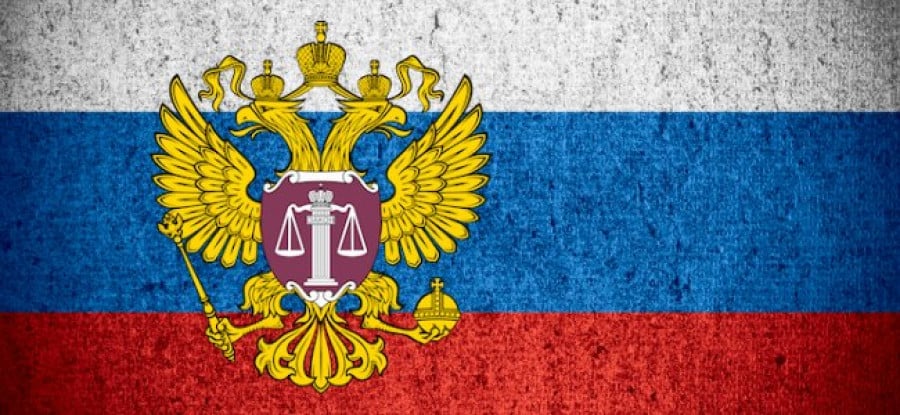Russia's Supreme Court clarifies labor laws are applicable to athletes and coaches

On November 24, 2015 the Supreme Court of the Russian Federation (hereinafter – the “SC”) adopted Resolution No.52 “On the application of legislation regulating labor of athletes and coaches” (hereinafter – the “Resolution”).1
This is the first SC document providing guidance to lower courts as to how to implement legal provisions relating to athletes and coaches. For many years the SC and lower courts of general jurisdiction have been holding a position that national sports federations are independent and keep their sports out of state courts. In other words, sports disputes should have been resolved within those sports federations or special sports arbitration courts. Russian sports laws still are silent on many issues relating to labor relations involving athletes, coaches and sports organizations, in particular, do not draw the line between rules of law and internal acts of sports organizations.
The Resolution changes the present state of things by defining more precisely the status of sports organizations2 as employers, imposes certain rules for adopting internal acts of sports organizations, clarifies the dispute resolution procedure and establishes certain rules relating to the dismissal (suspension) procedure. The Resolution does not deprive sports organizations of their independence however it clears the path for more effective protection of sportsmen’s rights.
We will comment on the most important clauses of the Resolution below.
Under Clause 2 of the Resolution internal acts of sports organizations cannot degrade the status of employees (athletes and coaches) in comparison with Russian labor laws. Therefore athletes and coaches shall enjoy all rights and guarantees that are stipulated by Russian laws. More importantly, an employer cannot impose additional obligations. This Clause will help athletes and coaches to invalidate unreasonable restrictions imposed by employers with respect to the participation of athletes and coaches in sporting competitions, remuneration and sporting sanctions.
In Clause 4 of the Resolution the SC reviews the disputes resolution procedure and provides that individual labor disputes where an athlete (a coach) is a party fall into jurisdiction of courts of general jurisdiction. Individual labor disputes include but are not limited to: challenging disciplinary sanctions; recovering unpaid wages; recovering damages caused by an employee etc. However, if a labor contract contains civil law provisions relating to sporting competitions rights and obligations, sports disputes arising out of such provisions can be referred to sports arbitration courts.
To continue reading or watching login or register here
Already a member? Sign in
Get access to all of the expert analysis and commentary at LawInSport including articles, webinars, conference videos and podcast transcripts. Find out more here.
- Tags: Athlete Welfare | Employement Law | Governance | Labor Code | Regulation | Resolution No_52 | Russia | Supreme Court of Russian Federation
Related Articles
- Key difficulties lawyers can face when trying to settle high profile sports employment disputes
- Analysis of the legal arguments in FIFPro’s challenge to FIFA's football transfer system
- A review of FIFA’s TPO ban and alternative financing models for clubs
- What has the Marcos Rojo case taught us about third party investment in footballers?
Written by
Sergey Treshchev
Sergey Treshchev is partner with Squire Patton Boggs, and Head of the Moscow office International Dispute Resolution practice. He has been involved in numerous court cases ranging from complex banking disputes following the 1998 Russian financial crisis, to import-export, customs and mining litigation, to labor matters, attended hearings at state commercial courts, including the Highest Commercial Court of the Russian Federation, and courts of general jurisdiction, provided advice on and represented clients in international arbitration, including sports arbitration.
Sergey Yurlov
Sergey Yurlov is an associate of the Moscow office of Squire Patton Boggs. He has assisted in representing Russian and foreign clients in numerous lawsuits at Russian courts of general jurisdiction, state commercial courts and Intellectual Property Court.


 Global Summit 2024
Global Summit 2024